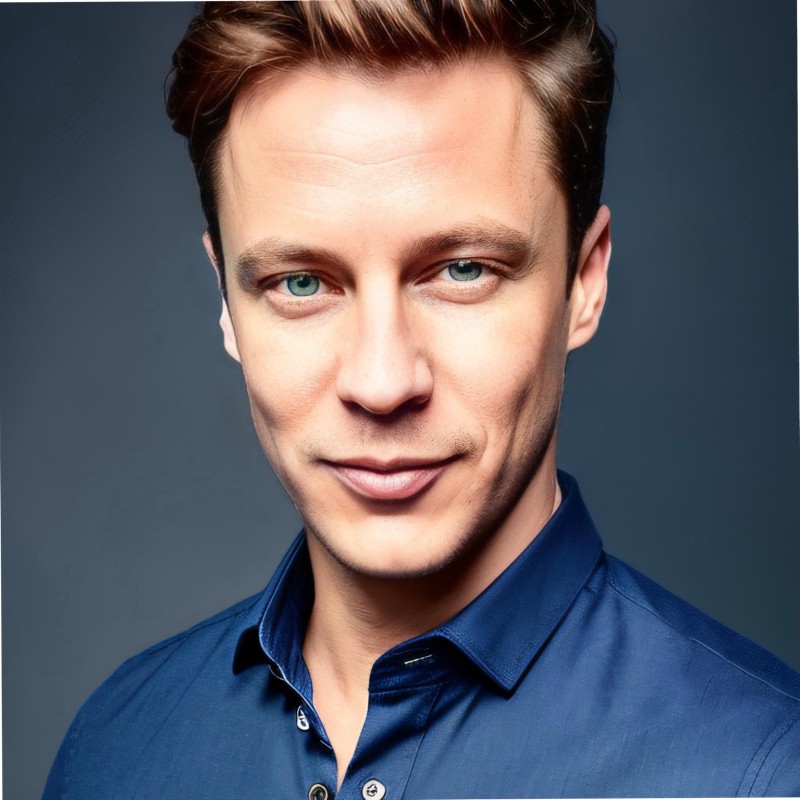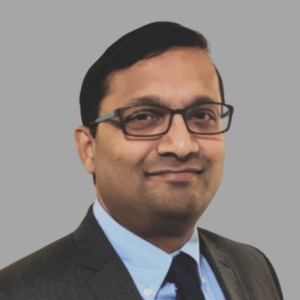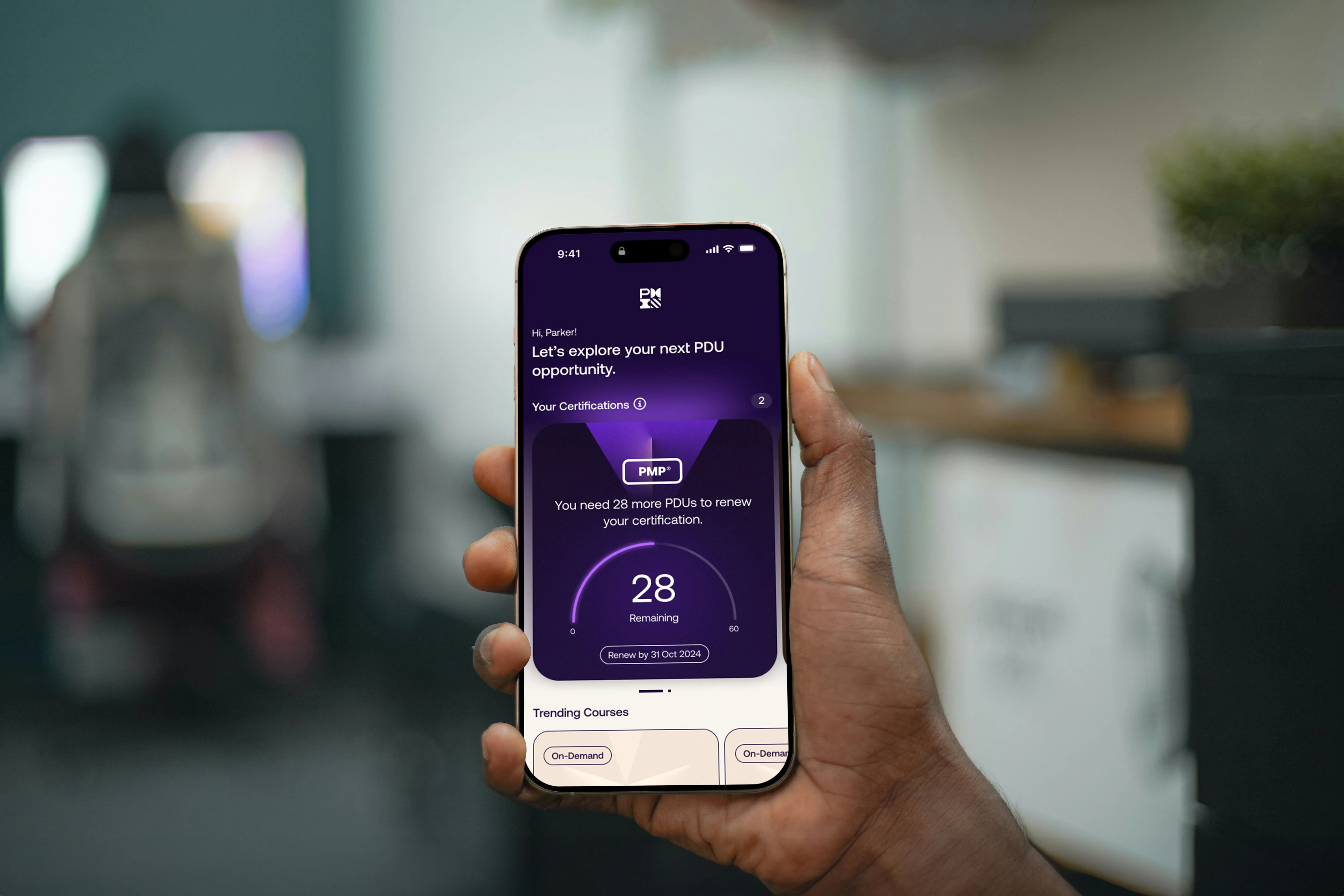  |
|
|
|
|
| Authors: Maria Anghileri and Alexandre Donose, PMP | |
Mentor Spotlight: My Journey with PMI Mentoring
At PMI Switzerland, we are proud to have a community of passionate professionals who generously dedicate their time and energy to mentoring, and embody the spirit of continuous learning, of service that lies at the heart of our organization.
Through the Mentoring Program, our members not only guide others—they inspire us all. That’s why we believe it's important to celebrate their stories and share their perspectives, to highlight the power of mentoring and encourage others to get involved.
Today we are pleased to feature one of our dedicated mentors, Alexandre Donose, who shares his personal journey, reflections, and valuable insights gained through mentoring.
Alexandre Donose works in public transport infrastructure as a Project Portfolio and Investments Manager, with prior experience as a Project Manager across multiple industries. He is currently mentoring two participants in the PMI Switzerland Mentoring Program, in addition to supporting two other professionals through his personal network — all on a volunteer basis.
We hope his experience will inspire others to explore the rewarding path of becoming a mentor—or a mentee.
Maria Anghileri
PMI Switzerland Mentoring Program Lead
By Alexandre Donose
Why I Mentor and I decided to participate to the PMI Switzerland Mentoring Program
Mentoring has always been a natural part of my professional and personal life. I’ve guided colleagues and peers throughout my career as well as friends in my personal life, and when I saw the opportunity to contribute through PMI - an organization I deeply value - I didn’t hesitate. Project management is something I truly cherish, and this program allows me to give back and to receive in a meaningful way. I believe in the power of an external, non-judgmental perspective - something I wish I had access to early in my own career.
What I Gain
This journey has offered me a lot of personal reflection. Hearing diverse experiences and perspectives often challenges my own assumptions and beliefs - which I see as a valuable exercise. I’m someone who embraces introspection, and mentoring reinforces that mindset. On a more personal level, it brings me a great sense of fulfilment. Supporting others - whether by reviewing a CV or navigating a difficult career choice - nurtures something meaningful in me. Positive feedback is of course rewarding, but even constructive disagreement helps me grow and refine my own thinking.
The Biggest Challenge
The biggest challenge is undoubtedly the time. With a full-time workload, mentoring goes beyond the sessions themselves - it involves preparation, follow-ups, reviewing documents, and preparing ahead. It requires real commitment. That said, because I enjoy it so much, I’ve found ways to make it work. The value I get from it makes the time investment worthwhile.
Advice to Fellow Mentors
If I could share a few thoughts with other mentors, it would be these:
- Stay open. Step back from your assumptions and stay open to being challenged. Mentoring is not about offering ready-made answers; it’s about creating space for reflection and dialogue.
- Give without expecting. Don’t expect anything in return - give because you genuinely want to help.
- Let your mentee lead. I encourage mentees to bring up topics they care about. The mentoring relationship should revolve around their needs. At the same time, if I sense something important is being overlooked, I gently suggest exploring it - never impose.
- Build trust. Confidentiality is non-negotiable. I make it clear that what’s shared stays between us, and I encourage open and honest conversations.
- Be present and be generous with your time. Embrace the experience—for what you offer and what you gain.
Final Thoughts
Mentoring isn’t just a professional activity for me—it’s a personal mission. Through it, I continue to grow, learn, and connect with others in ways that go beyond the technical aspects of project management. If you’ve ever considered becoming a mentor, I can only say: do it. The journey is rewarding in ways you can’t always predict—but will certainly appreciate.




